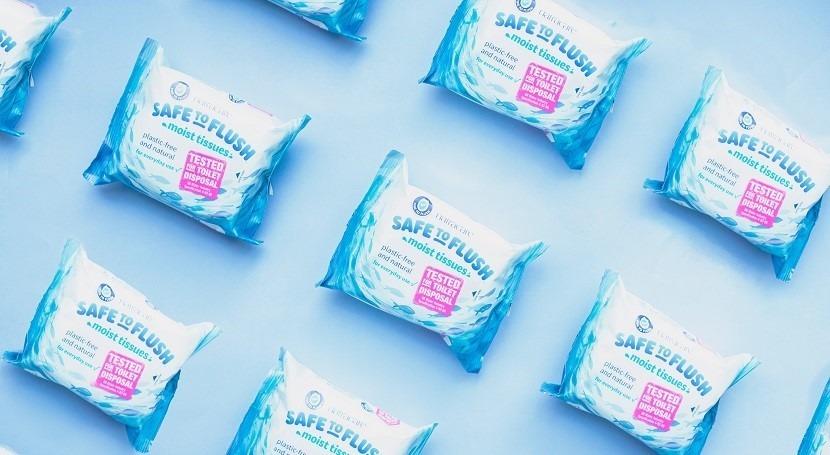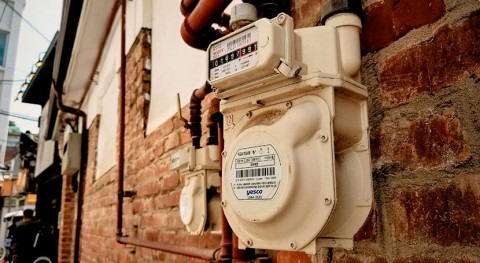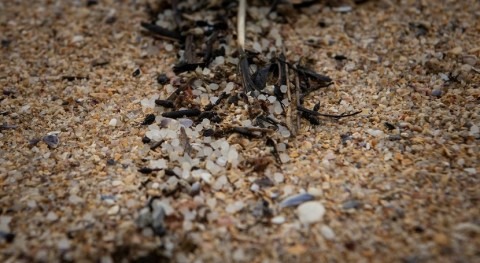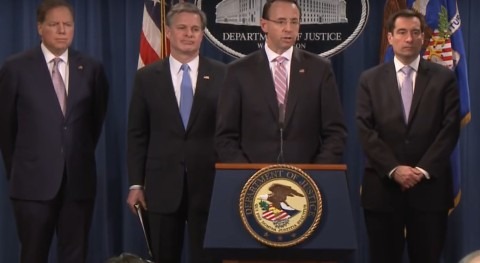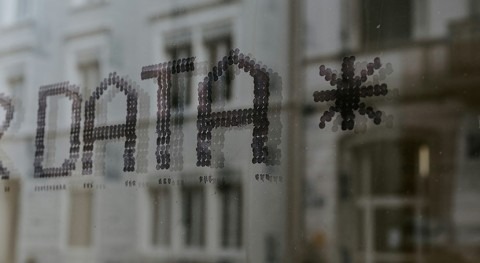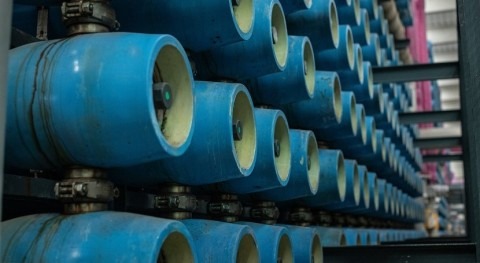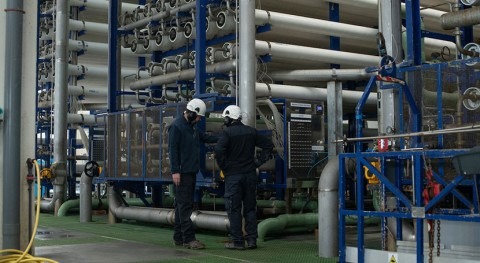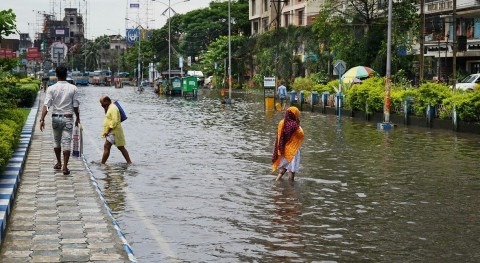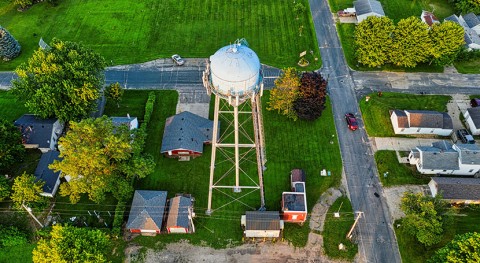A bill to ban the use of plastic in wet wipes in the UK had its first reading in the House of Commons, reports The Guardian.
During the first reading, MPs heard about the problems caused by flushing wet wipes containing plastic. Labour MP Fleur Anderson, who introduced the bill, said 11 billion wet wipes were used in the UK in 2019, and 90% of wet wipe products have plastic content, which breaks down into microplastics. Microplastics in the environment can enter the food chain and the water supply.
The MP noted that in a recent visit to the Thames, large piles of wet wipes could be found on the riverbanks and changed the water flow. She added that some brands have committed to only selling plastic-free wipes, usually containing plant fibres, and the proposed ban could encourage the production of plastic-free wipes, making this alternative less expensive. As a private member’s bill, it will likely not become law unless the government supports it. It will be considered again on November 19.
Dealing with sewer blockages costs £100 million every year, according to Water UK. Wipes and other so-called “flushable” products are the main cause of sewer blockages, making up around 93% of the material causing blockages, a Water UK study found. The study recommended that polypropylene or polyethylene fibres should not be included in any product labelled as flushable. It also called for public communications targeting the inappropriate disposal of non-flushable products, such as Northumbrian Water’s “Bin the Wipe” campaign.
In 2019 Water UK introduced the “Fine to Flush” standard – also known as Water Industry Specification (WIS) 4-02-06 – to help consumers understand what can be flushed versus disposed of in the bin. To meet the “Fine to Flush” standard, wipes have to be plastic free. This was seen as an important step by the water industry. However, there are retailers who have not embraced the water industry standard. According to the Marine Conservation Society (MCS), by 2021 only two out of ten main UK retailers had ensured that their own brand flushable wet wipes met the “Fine to Flush” standard, while another four had committed to do so before the end of the year.
The MSC would like to see UK governments make it a legal requirement for products labelled as flushable to pass the “Fine to Flush” standard and to ban single use plastic wipes, and are rallying support for Fleur Anderson’s bill, arguing that wet wipes don’t need to contain plastic, and non-plastic alternatives are on the market already. “By removing plastic from wet wipes we can move further away from our reliance on single-use plastics. Wet wipes should be considered similarly to items like cotton bud sticks and straws which are, in the most part, avoidable," said Dr Laura Foster, MCS Head of Clean Seas.
The trade associations representing nonwoven wipes manufacturers, EDANA and INDA – representing the vast majority of nonwovens supplied to the market today across EMEA and North America – have focused on the flushability of disposable products since 2004, coming up with a first edition of Guidelines for Assessing the Flushability of Disposable Nonwoven Products in 2008. The guidelines have been enhanced over time and the current edition (GD4), dating from November 2018, is the basis for national legislation or standards in Belgium and Spain and is being adopted by authorities in other European countries. They also developed a voluntary labelling Code of Practice on how to communicate appropriate disposal in order to protect wastewater systems, in collaboration with major North American water and wastewater associations.
In 2019, the MCS said EDANA’s guidelines were insufficient for UK sewers because they were not tested for the conditions in UK sewers, advocating instead for the adoption of the “Fine to Flush” standard. EDANA was disappointed to learn of Water UK’s publication of the “Fine to Flush” initiative and continues to promote its own guidelines as the proven industry standard for flushable wipes, noting that a separate protocol can confuse the market. EDANA affirms GD4 compliant flushable wipes do not contain plastic and thinks “Increased awareness leading to the reduction of the improper disposal of non-flushable wipes fats, oils and grease will have the largest impact in reducing sewer blockages and marine litter.”


